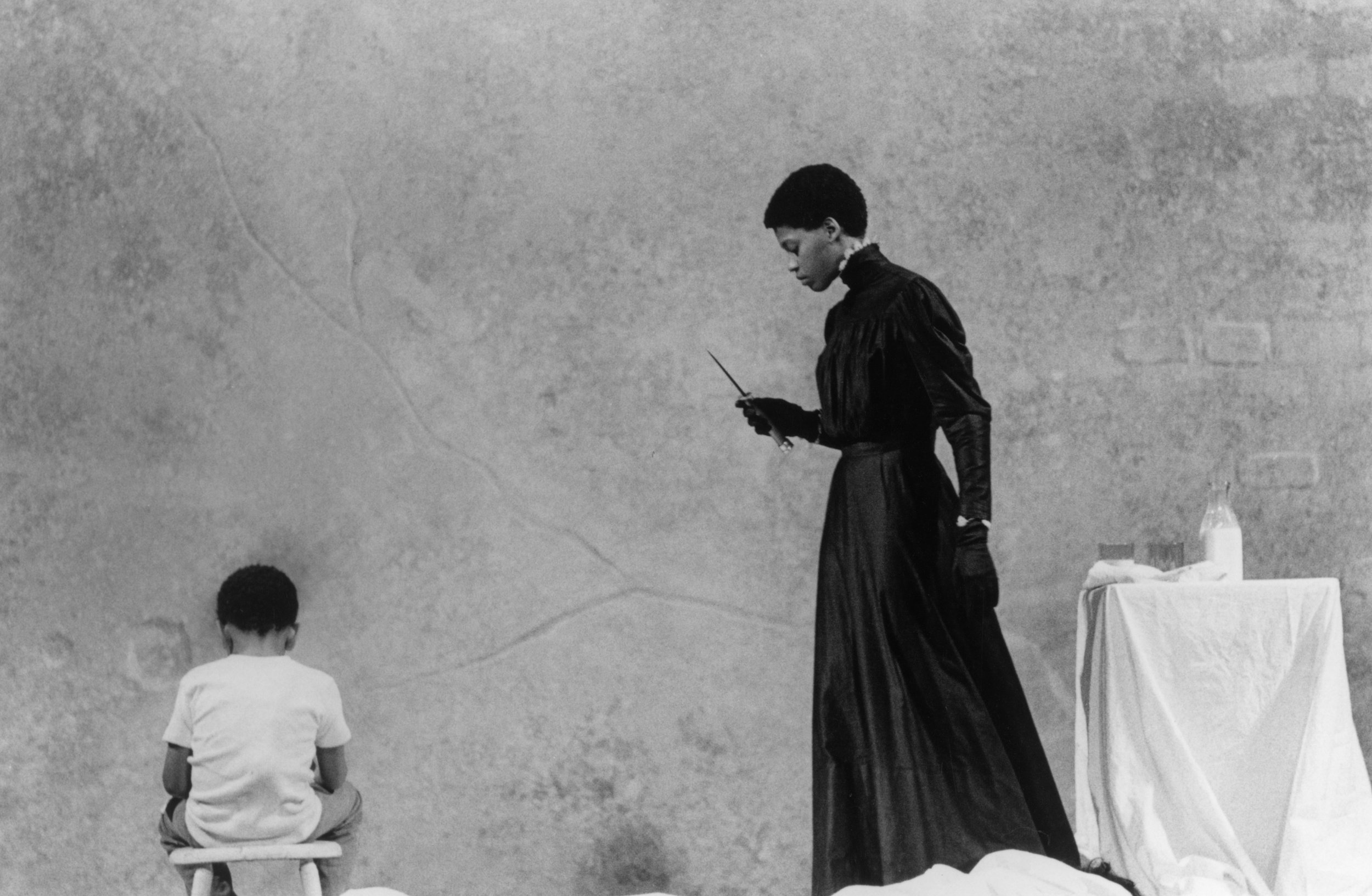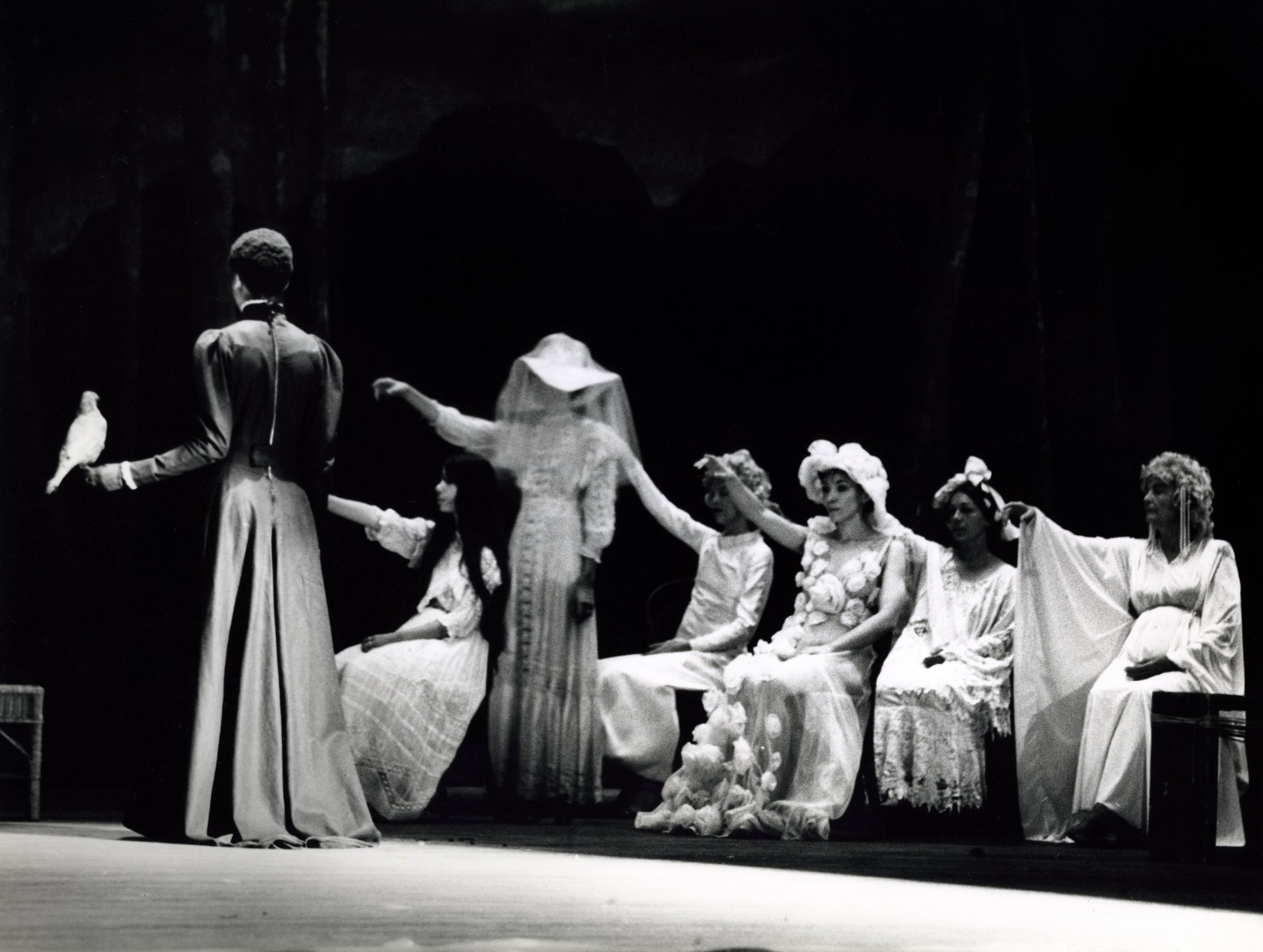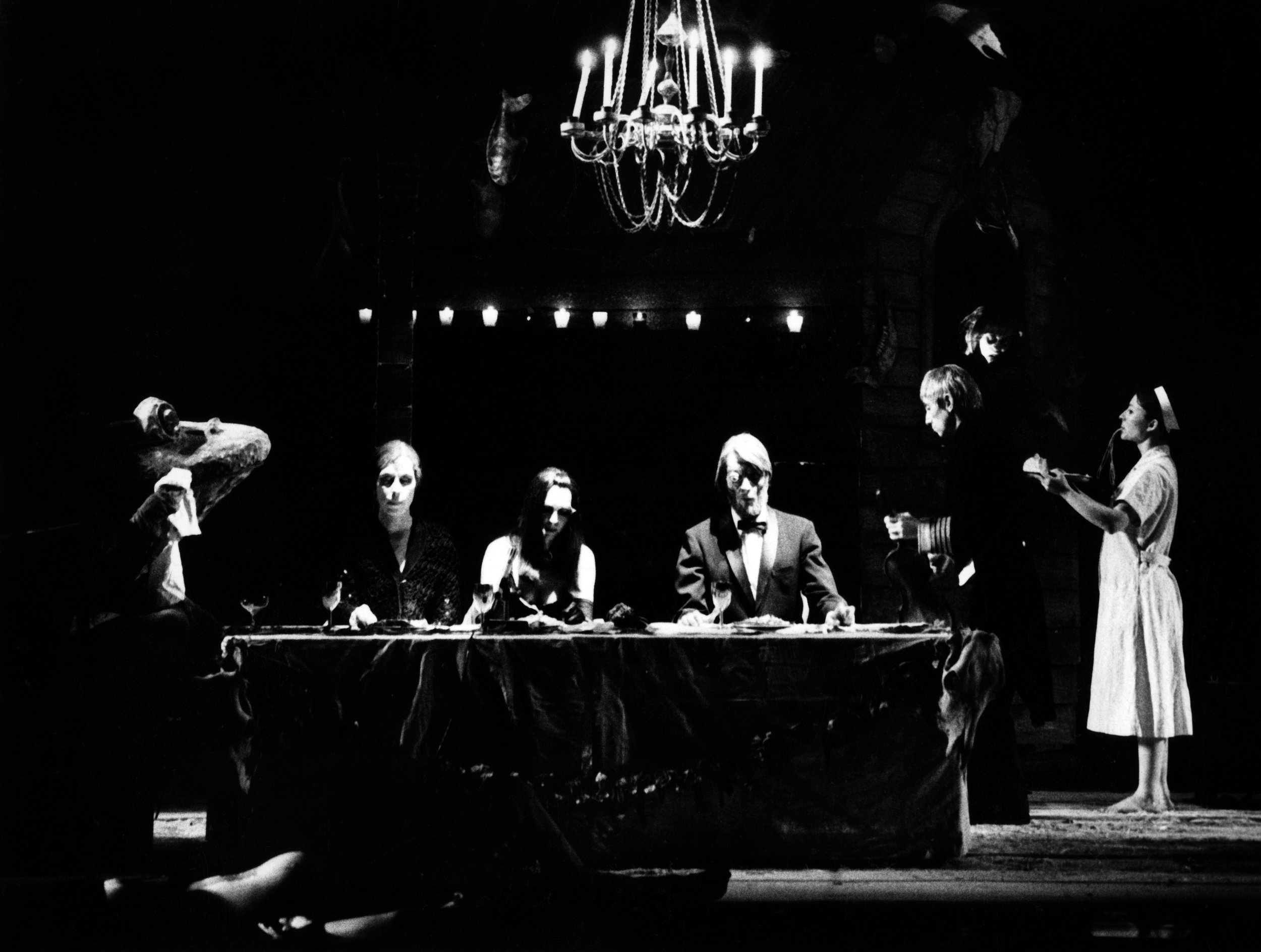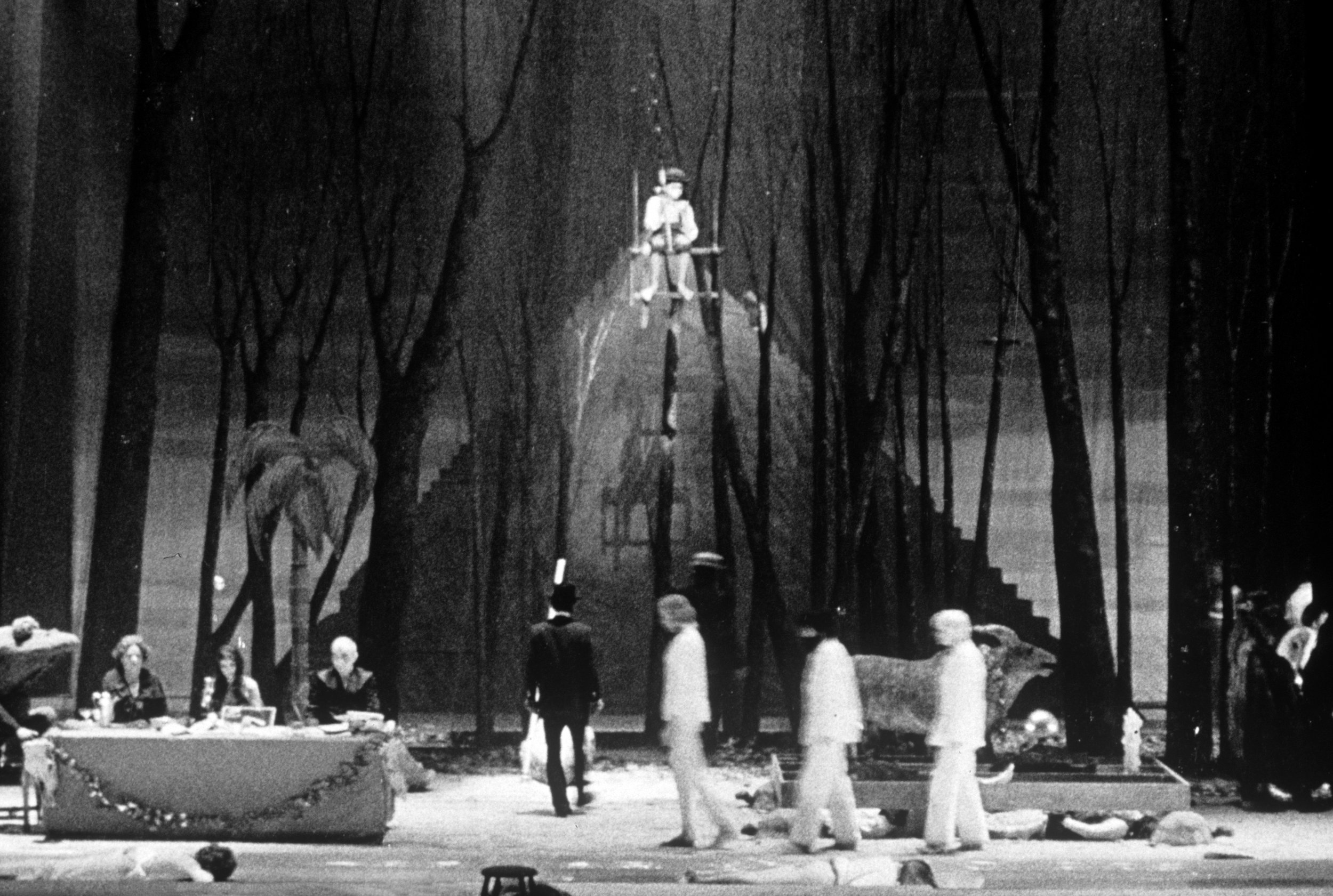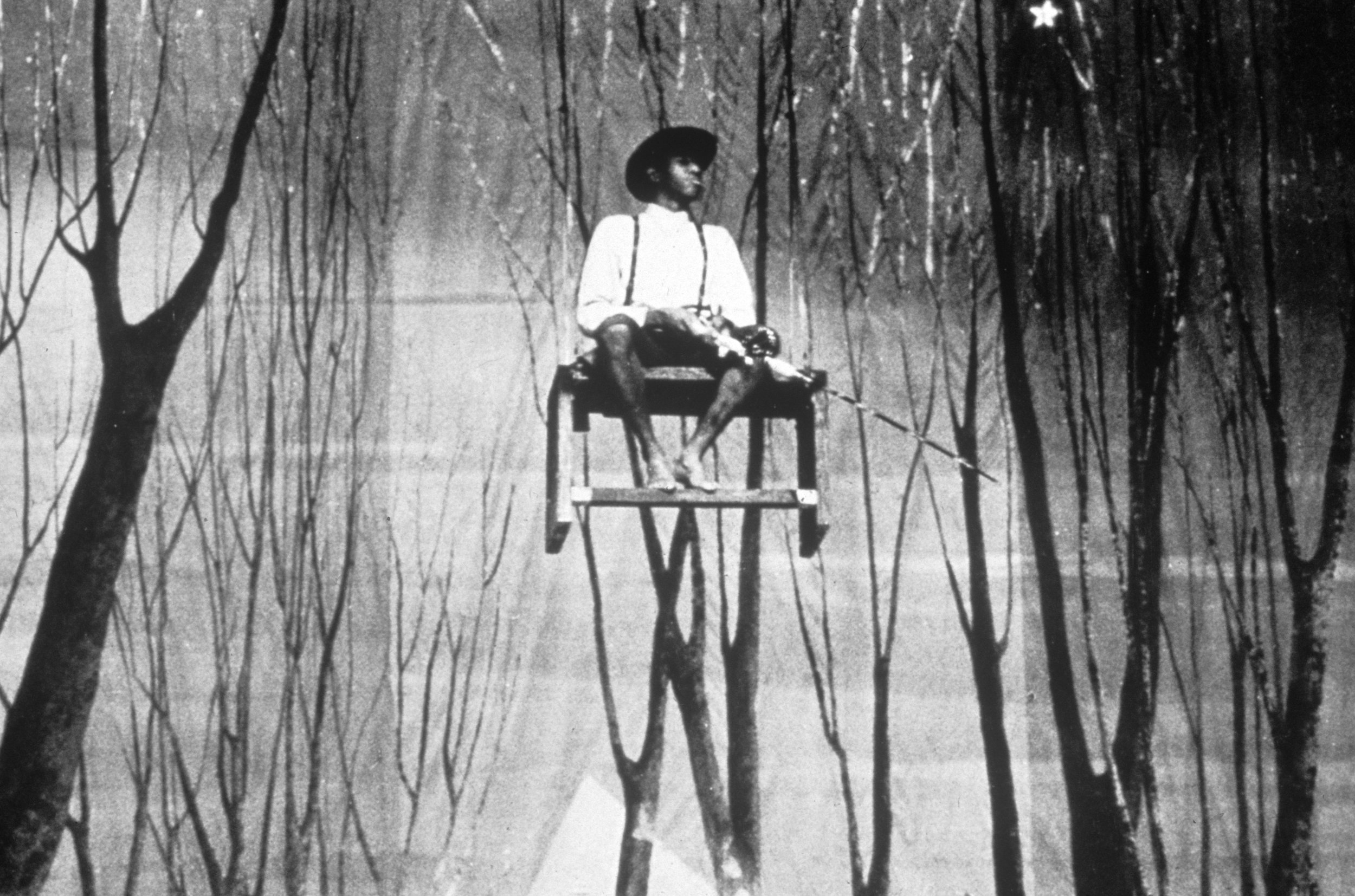Deafman Glance
By Robert Wilson
Music by Alan Lloyd, Igor Demjen, and others
Performed by Robert Wilson, Raymond Andrews, Sheryl Sutton and The Byrd Hoffman School of Byrds
First performed on December 15, 1970 at the Center for New Performing Arts, Iowa City, Iowa
Subsequent performances on February 25 and March 5, 1971 at the Brooklyn Academy of Music, Brooklyn, New York, on April 22, 1971 at the Grand Théâtre de Nancy, Nancy, France, on April 27, 1971 at the Premio Roma Festival, Rome, Italy, on June 11, 1971 at the Théâtre de la Musique, Paris, France, and on July 6, 1971 at the Holland Festival, Amsterdam, Netherlands
Developed with members of the Byrd Hoffman School of Byrds during a residency at the University of Iowa, this five hour “silent opera” earned Wilson international acclaim after its Paris premiere. Louis Aragon, a founding Surrealist, proclaimed in an “open letter” to the deceased André Breton that Wilson “is what we, from whom Surrealism was born, dreamed would come after us and go beyond us.” After Deafman Glance, Wilson’s long relationship with French theater and opera was established. The piece is based upon the ideas of Raymond Andrews, a hearing impaired boy Wilson legally adopted after meeting him by chance in Summit, New Jersey. He found that Andrews thought in terms of images rather than words, and Andrews’ vivid drawings formed the basis of scenes from Deafman Glance. (Text by Joseph Bradshaw)
“The world of a deaf child opened up to us like a wordless mouth. For more than four hours, we went to inhabit this universe where, in the absence of words, of sounds, sixty people had no words except to move…I never saw anything more beautiful in the world since I was born. Never never has any play come anywhere near this one, because it is at once life awake and the life of closed eyes, the confusion between everyday life and the life of each night, reality mingles with dream, all that’s inexplicable in the life of deaf man…Never as here, from a dark hole in the theater, have I ever experienced the feeling, in confronting the spectacle of Robert Wilson, that if ever the world finally changes, and ceases to be this hell ones sees at the end of almost four hours on the stage, and it is the hell where is the slag pit and the mine, that if ever the world changes and men become like the dancer I spoke of, free, free, free...it’s through freedom man will have changed. Freedom, radiant freedom of the soul and the body.”
“Of course Mr. Wilson is doomed to be dubbed visual. And he most beautifully is. He has also created some fascinating time equations in the theater—his phasing is very conscious and very slow. ... Wilson could implode the minds of a new generation.”

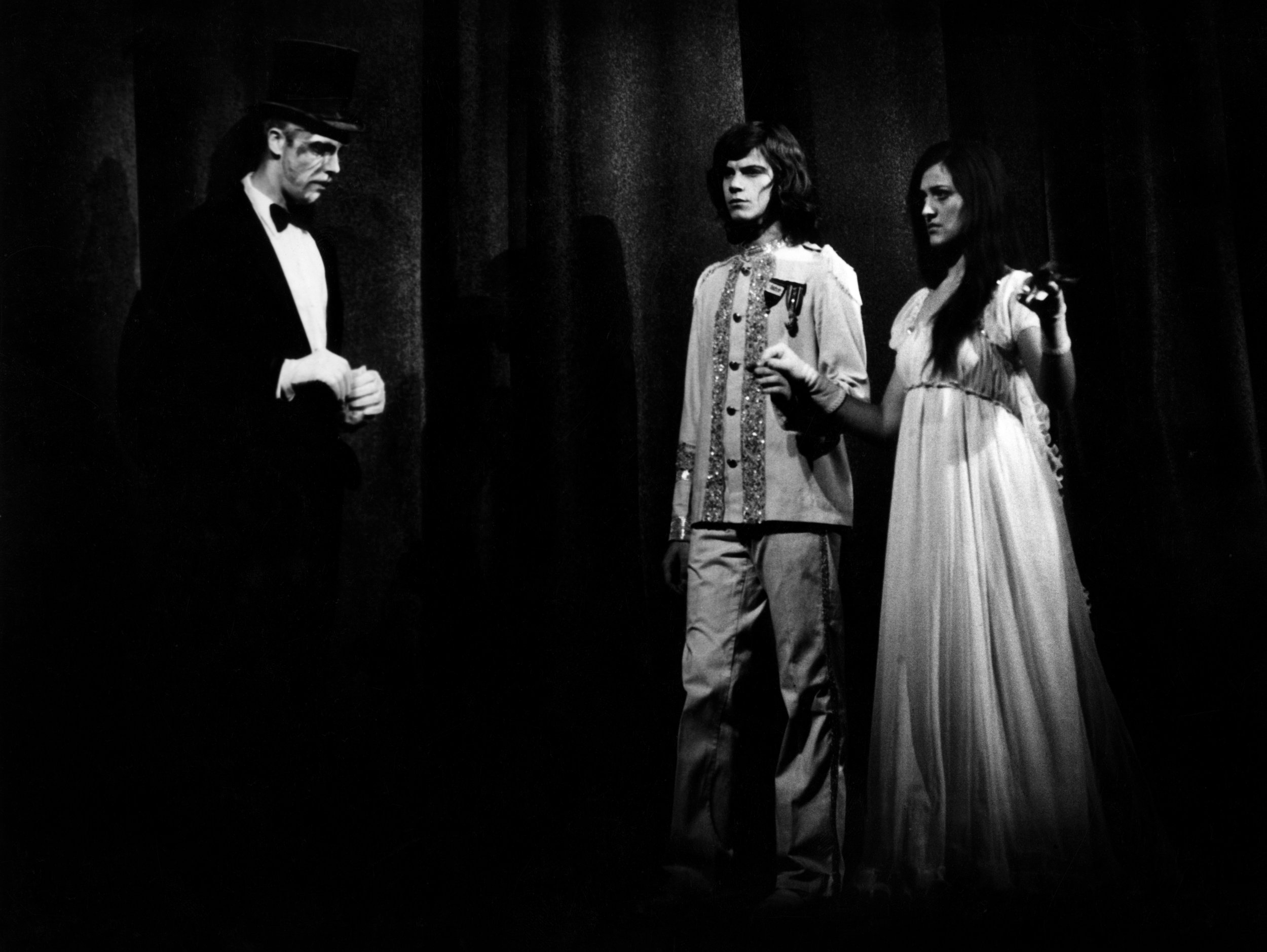
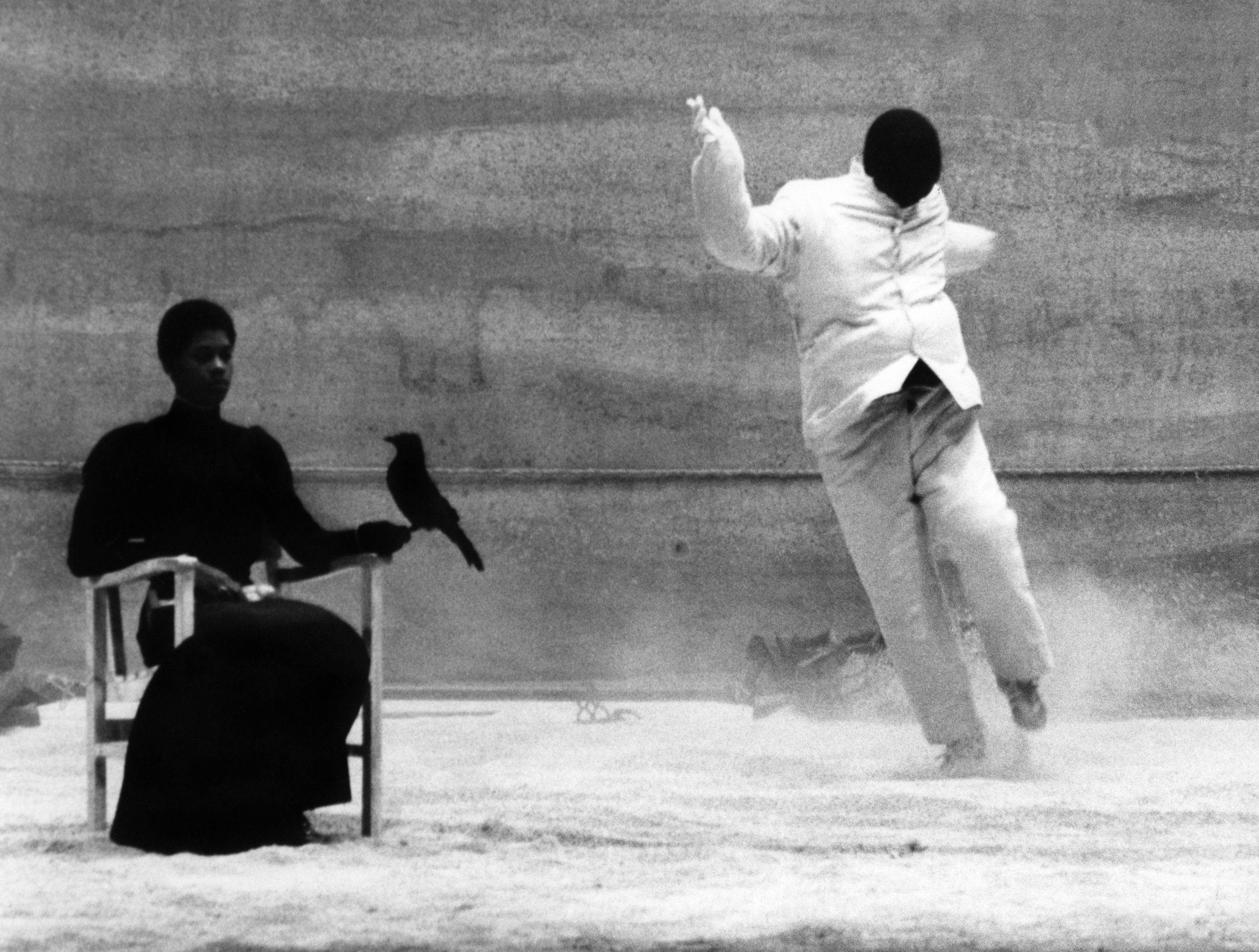
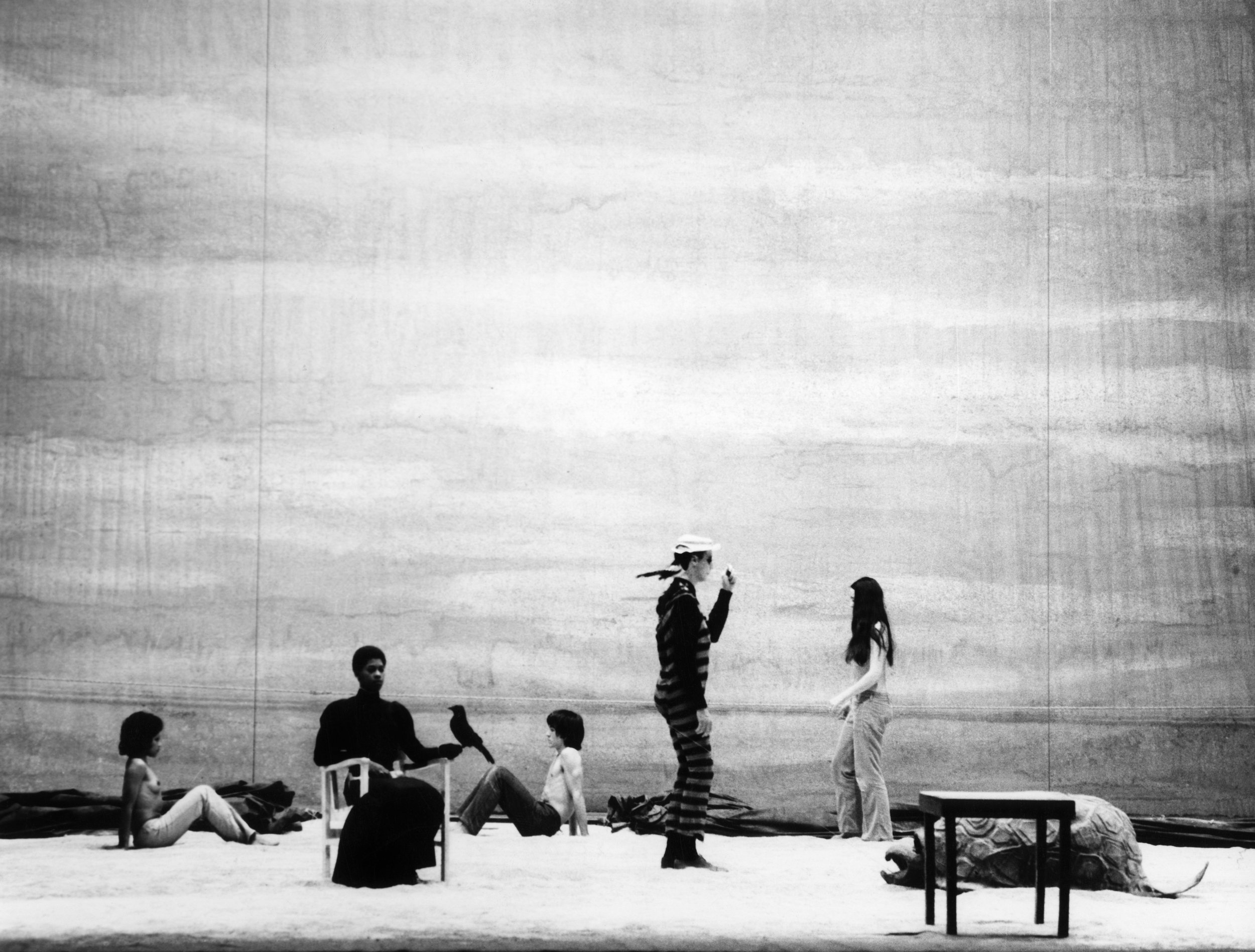
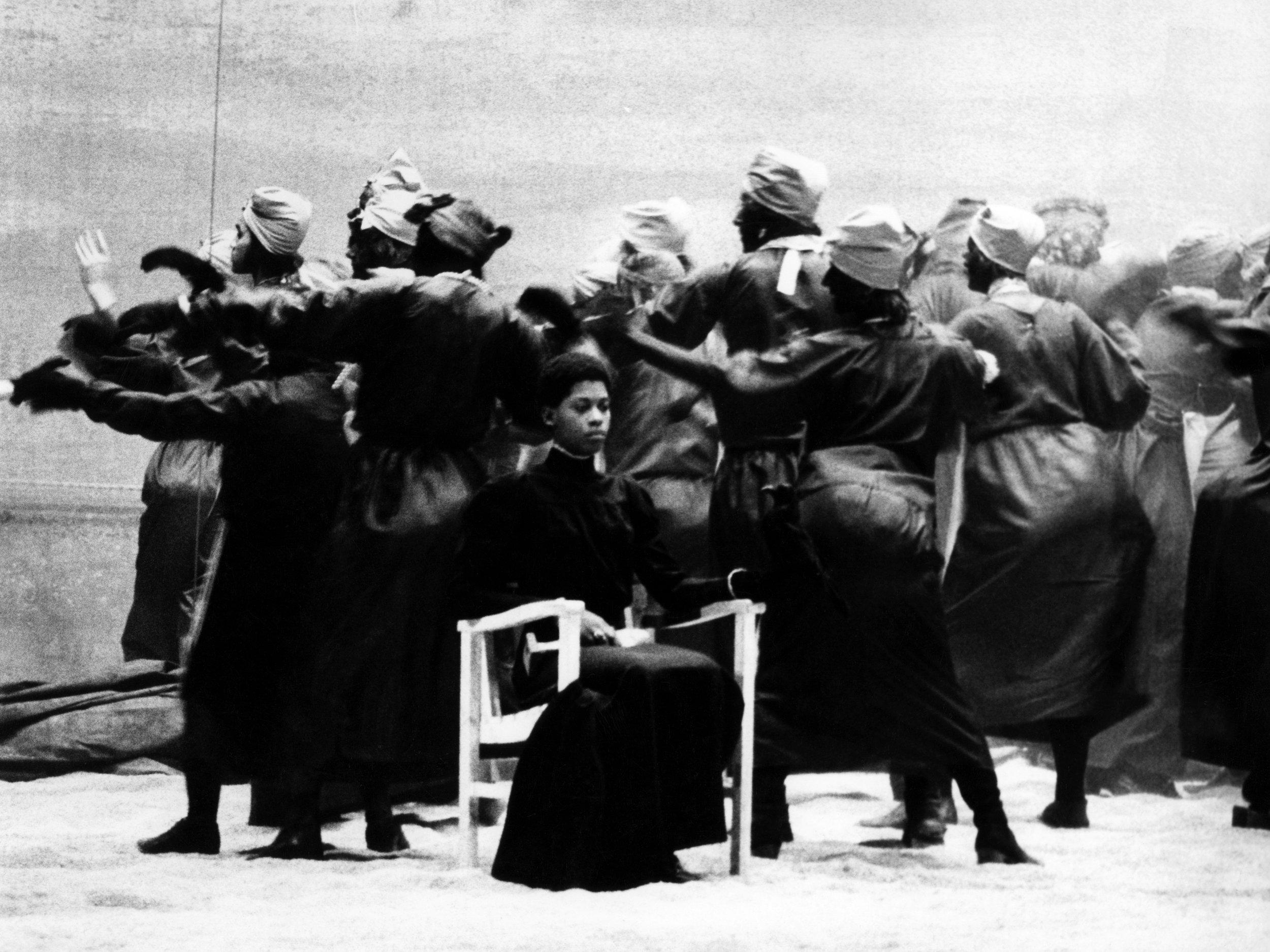
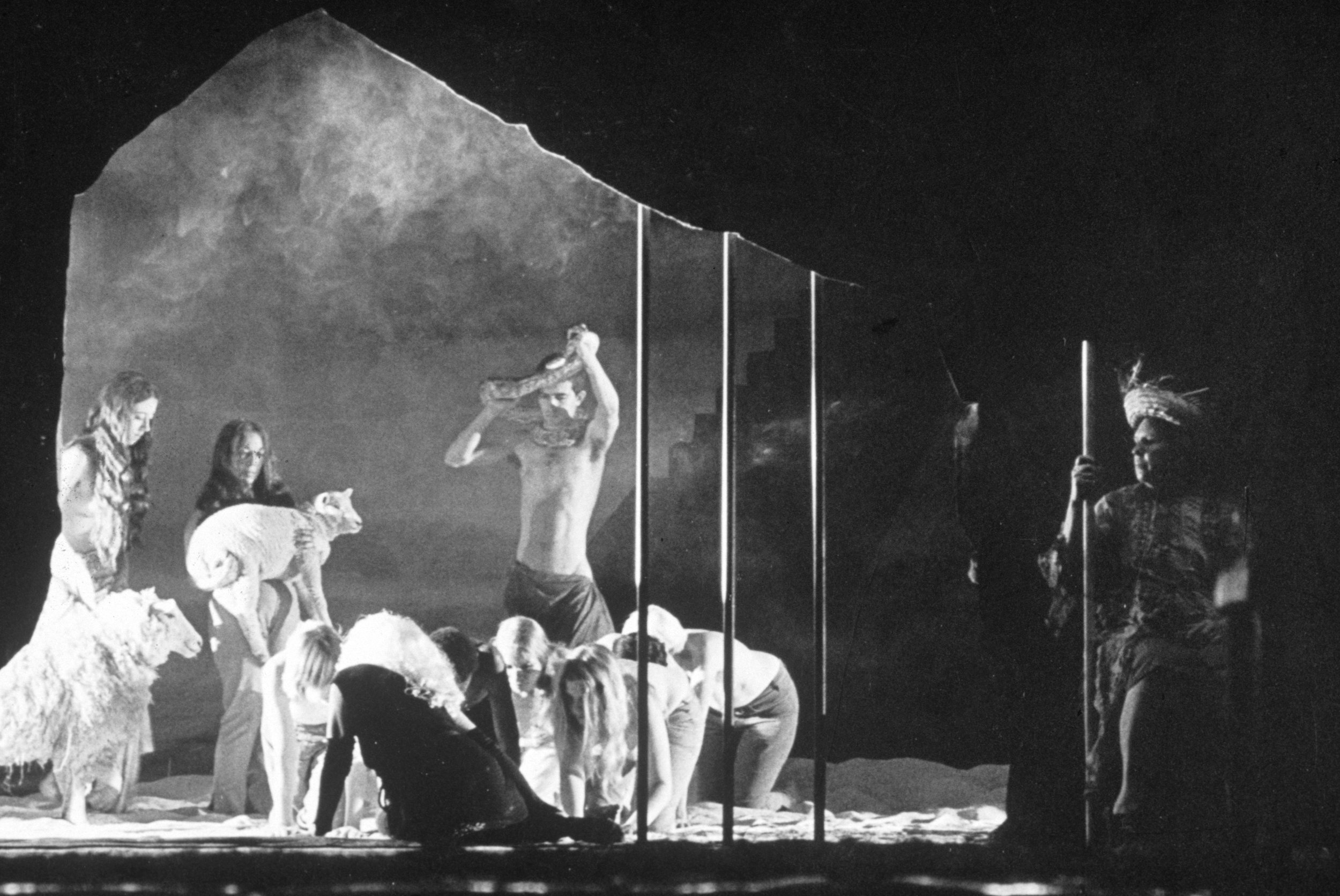
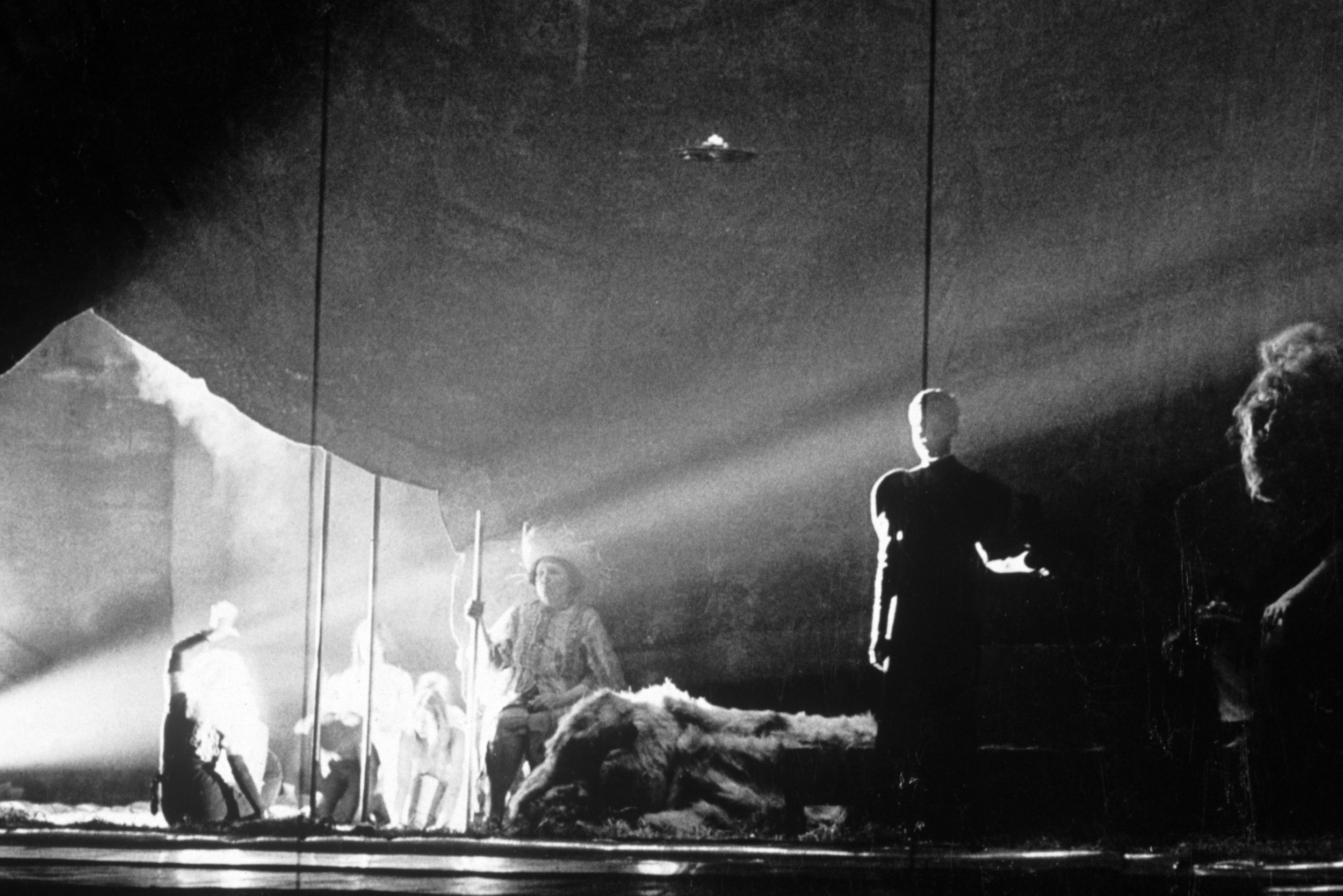
![Act III [?] (New York, 1971) - The Byrd Hoffman School of Byrds](https://images.squarespace-cdn.com/content/v1/52797371e4b0f7d3b5b349c7/1707843025712-UJFVJE6XH840YH8ZKMK4/3-act3-06-85_.jpg)
